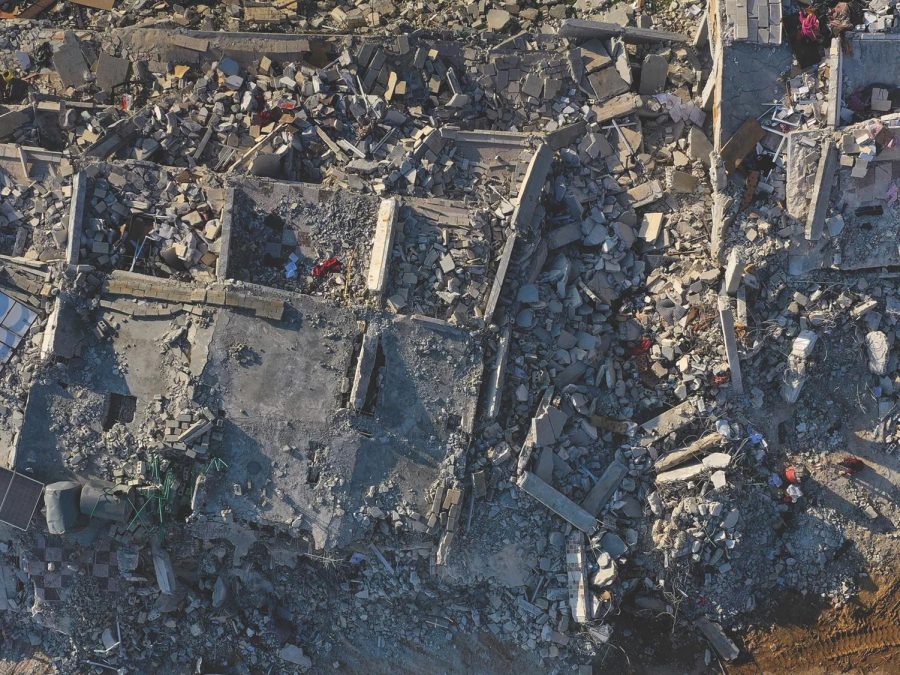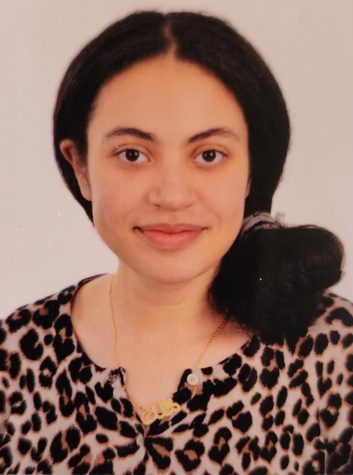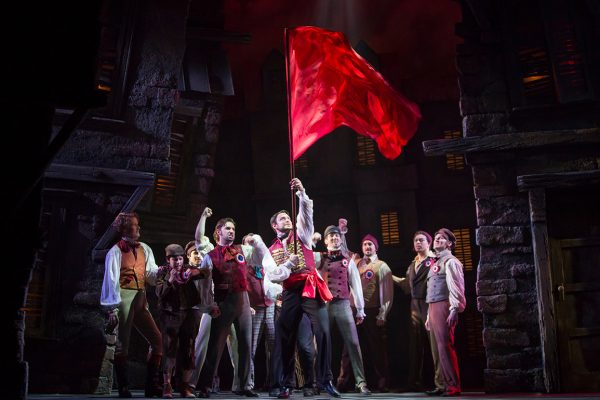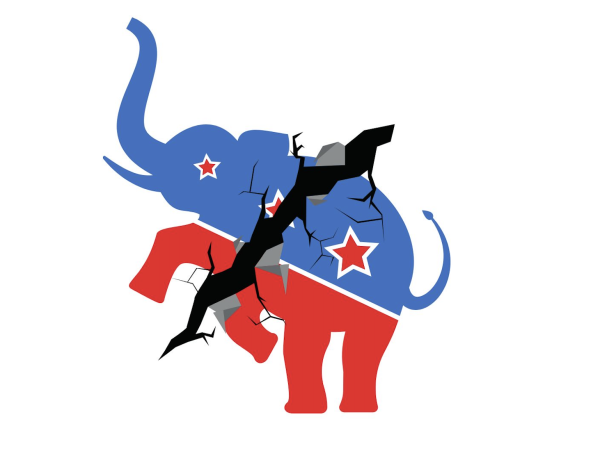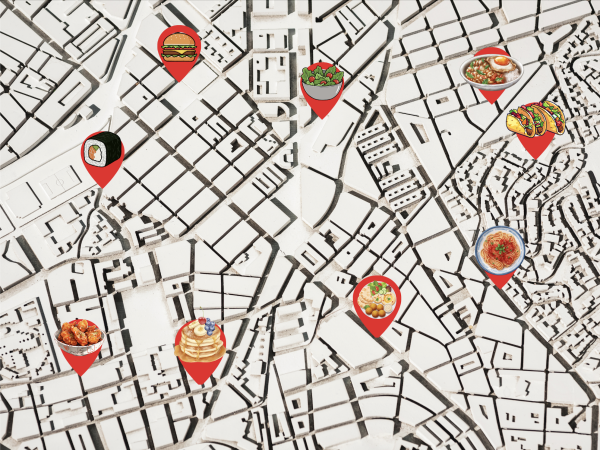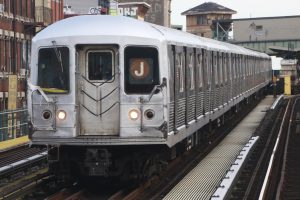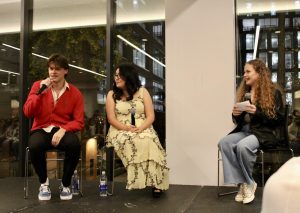7.8 earthquake devastates Turkey and Syria and what University students can do to help
February 9, 2023
A devastating 7.8 magnitude earthquake struck Southern Turkey and Northern Syria on Feb. 6 at 4:17 a.m. TRT. Entire buildings were flattened, leaving tens of thousands of Syrians and Turks crushed under buildings and on streets. Emergency workers from all over the world continue to comb through the rubble to identify possible survivors and provide medical attention.
This is one of the deadliest natural disasters in recent Turkish history, as President Tayyip Erdoğan called it “the disaster of the century” and put a three-month national emergency into effect. The current death toll tops 40,000 and is still rising, with the majority being in the Turkish city of Gaziantep. However, Gaziantep is a city that is home to many Syrian refugees who have fled war and already experienced substantial loss, both while in Syria and throughout their journey to Gaziantep itself.
What made this earthquake significantly deadly were the aftershocks that persisted. Just nine hours after the initial earthquake, a 7.7 magnitude aftershock hit. Aftershocks tend to hit in the 48 hours following an earthquake, however, some come months after. Turkey and Syria have experienced thousands of aftershocks since the initial event.
According to the United Nations, more than four million people are currently reliant on aid to survive. Although aid has been reaching Turkey in relatively healthy doses, aid reaching Syria is nowhere near what is necessary and substantial. The European Council on Foreign Relations reported that the majority of aid that’s entering Northern Syria is coming from NGOs and Arabian countries who have stabilized relations with the Syrian government. The Britain-based Middle East Eye published an article, “What Else Should Happen Before the World Takes Syrian’s Suffering Seriously?” discussing Syrians’ long-term suffering from a decade-long civil war to this year’s earthquake.
Atop the damage from the earthquakes, extremely cold weather and snow followed the catastrophe, resulting in an even higher death toll. Thousands of people were stuck under buildings and putting them at risk for developing hypothermia amidst the other dangers of being crushed under collapsed buildings for weeks.
The earthquake destroyed several historical and monumental structures, including multiple hundred-year-old mosques. Many publications and figures have criticized the world’s lack of action on fundraising for these historical mosques compared to immediate action that was taken to fundraise for the Notre Dame Cathedral in in Paris following a 2019 fire.
Though the earthquake resulted in devastating and irreplaceable loss of life and history, there are stories of hope. In Syria, a woman gave birth to a baby girl while underneath the rubble. The baby girl, who was named Aya, meaning “miracle” in Arabic, miraculously survived but was found attached to her mother through her umbilical cord. Unfortunately, the mother did not survive.
The University’s Muslim Student Association (MSA) held a bake sale on Feb. 16 at the One Pace Plaza Student Center. The University’s MSA is partnered with Islamic Relief USA, a non-profit based in Virginia that “provides relief and development in a dignified manner regardless of gender, race or religion, and works to empower individuals in their communities and give them a voice in the world.” They have a vision for “working together for a world free of poverty.” Islamic Relief has been featured on NBC and Buzzfeed and is one of the largest nonprofits addressing poverty in the world.
“The bake sale we led today is essential to humanitarian efforts because it is an effortless and quick way to raise money… having a bake sale allowed my team and I to raise awareness of the event’s cause,” said Fatima Basit, President of the University’s MSA.
Though the bake sale was the only fundraising event held at the University, the MSA will continue accepting monetary donations from the University community for as long as Islamic Relief continues accepting donations. You can contact the MSA through Instagram @msa.pacenyc. MSA Vice President, Thanushka Bachan added, “The Pace community can help the Turkish and Syrian people by having more fundraisers and events as there are many well-distinguished clubs on campus whose participation can lead to a tremendous impact. There should also be more food and clothing donation areas on campus. It would be nice to see the issues addressed on campus and spoken about within other clubs as well.”
To get involved off-campus, the Consulate of the Republic of Turkey in New York is accepting donations in-person or through mail. They are located near the United Nations Headquarters at 821 1st Ave., New York, NY 10017.

